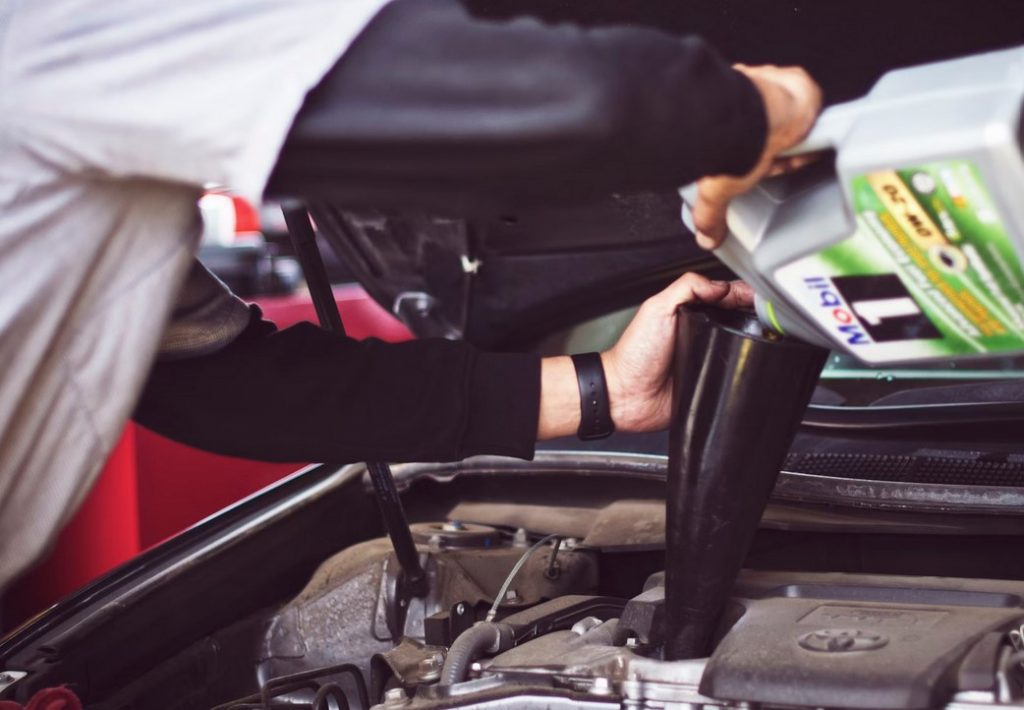Owning a car is a significant investment, and just like any investment, you want to ensure it lasts as long as possible. Regular maintenance is the key to extending the life of your vehicle and keeping it running smoothly for years to come. By following a consistent maintenance schedule and addressing issues promptly, you can save money on repairs and enjoy a reliable ride. Here are some essential tips to help you extend the life of your car through regular maintenance.
- 1. Follow the Manufacturer’s Maintenance Schedule
- 2. Regular Oil Changes
- 3. Check and Maintain Fluid Levels
- 4. Inspect Tires and Maintain Proper Pressure
- 5. Replace the Air Filter
- 6. Maintain the Battery
- 7. Keep the Car Clean
- 8. Pay Attention to Warning Signs
- 9. Drive Smoothly
- 10. Schedule Regular Professional Inspections
- Conclusion
1. Follow the Manufacturer’s Maintenance Schedule
The first step in extending your car’s life is to follow the manufacturer’s recommended maintenance schedule. This schedule, outlined in your owner’s manual, provides detailed information on when to perform specific maintenance tasks. It includes oil changes, tire rotations, brake inspections, and more. Adhering to this schedule helps ensure that all parts of your car are working efficiently and reduces the risk of unexpected breakdowns.
2. Regular Oil Changes
Oil is the lifeblood of your car’s engine. It lubricates the moving parts, reduces friction, and helps keep the engine cool. Over time, oil breaks down and becomes contaminated with dirt and debris, which can cause engine wear and tear. Regular oil changes are crucial to maintaining engine health. Most manufacturers recommend changing the oil every 3,000 to 5,000 miles, but you should consult your owner’s manual for specific guidelines.
3. Check and Maintain Fluid Levels
In addition to oil, your car relies on several other fluids to operate smoothly, including coolant, transmission fluid, brake fluid, and power steering fluid. These fluids need to be checked regularly and topped off or replaced as necessary. Low or dirty fluids can lead to overheating, poor performance, and potential damage to your car’s systems.
4. Inspect Tires and Maintain Proper Pressure
Tires are your car’s only contact with the road, so it’s essential to keep them in good condition. Regularly inspect your tires for signs of wear and tear, such as uneven tread wear or cracks in the sidewalls. Rotating your tires every 6,000 to 8,000 miles helps ensure even wear and extends their lifespan. Additionally, maintaining the correct tire pressure improves fuel efficiency, enhances handling, and reduces the risk of blowouts.
5. Replace the Air Filter
The air filter prevents dirt and debris from entering the engine, ensuring it runs efficiently. A clogged air filter can reduce engine performance and fuel efficiency. It’s generally recommended to replace the air filter every 15,000 to 30,000 miles, but this can vary based on driving conditions. Check your owner’s manual for specific recommendations and inspect the air filter regularly.
6. Maintain the Battery
A well-maintained battery is essential for starting your car and powering electrical systems. Check the battery terminals for corrosion and ensure they are clean and tightly connected. Most car batteries last between three to five years, but regular checks can prevent unexpected failures. If your battery is nearing the end of its life, consider replacing it before it fails.
7. Keep the Car Clean
Regular washing and waxing safeguard your car’s exterior against rust and corrosion. Road salt, dirt, and debris can harm the paint and undercarriage, resulting in expensive repairs. Furthermore, keeping the interior clean and clutter-free enhances the driving experience and preserves the vehicle’s value. In Salt Lake City, consider tinting your car windows to protect the interior from UV damage and reduce heat, further extending the life of your car.
8. Pay Attention to Warning Signs
Modern cars are equipped with various sensors and warning lights to alert you to potential issues. Ignoring these warning signs can lead to more significant problems down the road. If your check engine light comes on or you notice unusual noises, vibrations, or changes in performance, have your car inspected by a professional mechanic promptly.
9. Drive Smoothly
Your driving habits have a significant impact on your car’s longevity. Avoid rapid acceleration, hard braking, and excessive idling, as these behaviors can put extra stress on the engine and other components. Smooth driving not only improves fuel efficiency but also reduces wear and tear on your vehicle.
10. Schedule Regular Professional Inspections
While many maintenance tasks can be done at home, it’s important to have your car professionally inspected at least once a year. A certified mechanic can identify and address potential issues before they become serious problems. Regular inspections can help catch problems early, saving you money on costly repairs and ensuring your car remains reliable.
Conclusion
Regular maintenance is essential for extending the life of your car and ensuring it runs smoothly for years to come. By following these tips and adhering to your manufacturer’s maintenance schedule, you can avoid unexpected breakdowns, improve performance, and get the most out of your investment. Remember, a well-maintained car is not only more reliable but also safer and more enjoyable to drive. Take the time to care for your vehicle, and it will reward you with many miles of dependable service.


